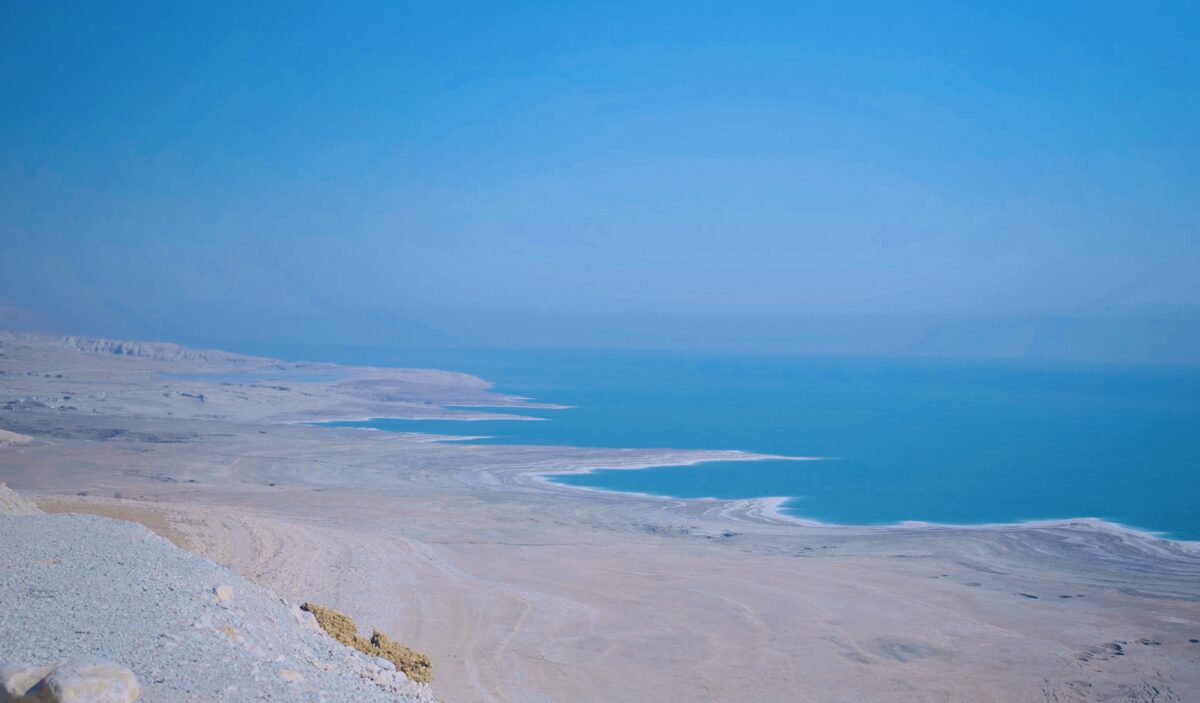A three-part series on some of the issues of the day in Israel, titled Into the Land and presented by the Times of Israel website, is now available on the ChaiFlicks streaming platform.
These concise and probing documentaries deal with the lamentable state of the Dead Sea, the market in ancient archeological artifacts, and the state of two mixed Jewish-Arab cities.
The Dead Sea, which has expanded and receded over the centuries, is currently in decline, having shrunk by a dangerous extent in the last four decades. According to one well-informed estimate, its level has fallen by 40 meters since the 1990s.
Dams built by Israel have blocked the flow of fresh water into the sea and diverted it to farms and factories. As a result, the sea has grown incrementally smaller and the number of beaches along its shores has been drastically reduced.
The sea yields two important minerals, potash and bromide, both of which are extracted by Israel Chemicals Ltd., which was once known as the Dead Sea Works. The company, owned by Idan Ofer, one of Israel’s wealthiest businessmen, is supposedly a major polluter and allegedly has been deficient in paying its fair share of taxes.
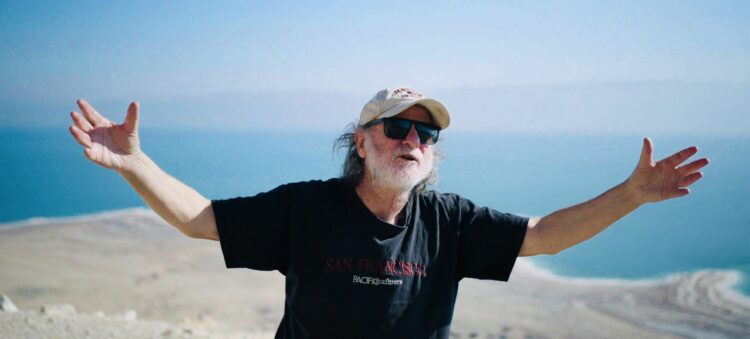
This highly saline body of water should be cleaned up and preserved for generations to come, but is Israel willing to pay the price for saving it?
In recent years, two artifacts have stirred enormous controversy in Israel.
The Jehoash Inscription, a Hebrew tablet, reveals details about the construction of Solomon’s temple in Jerusalem, offers proof of its existence, and supports Israel’s claim to the Temple Mount, a religious site of extreme importance to both Israel and the Palestinians. But is the tablet real?
An ossuary, a box of bones, is inscribed with the words “James, son of Joseph, brother of Jesus.” It appears to prove that Jesus was not a figment of someone’s imagination, but a living person. Nonetheless, questions were raised about its authenticity.
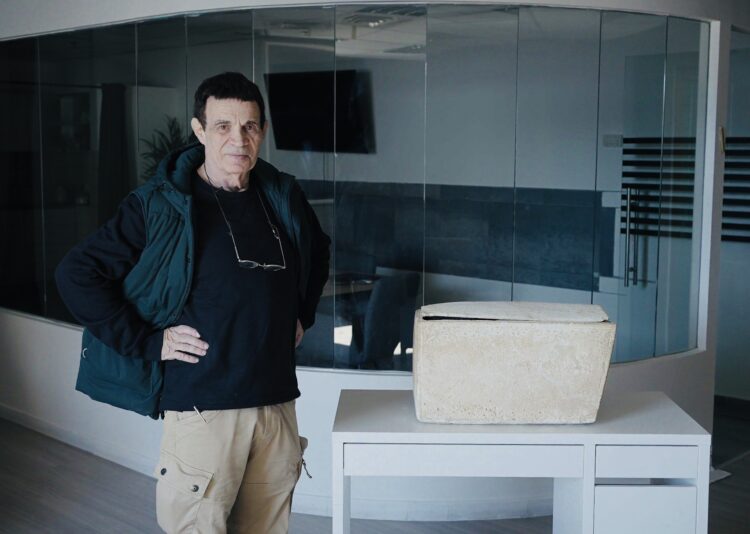
Oded Golan, an Israeli collector of antiquities, stands at the center of both controversies. And experts still disagree as to whether the items in question are authentic.
Ramle and Lod, both in central Israel, are very similar inasmuch as they are populated by Jews and Palestinian Arabs and are burdened by a rising crime rate and endemic poverty.
During the 1948 Arab-Israeli war, most of their Arab residents fled or were expelled. After the war, Ramle and Lod were resettled by Jews and Palestinians who had been displaced from their homes.
In May 2021, during the fourth cross-border Gaza war, communal riots broke out in Lod. A Jew and an Arab were killed and several buildings, including a synagogue, were damaged by arsonists. In Ramle, however, passions were kept in check and peace mostly prevailed.
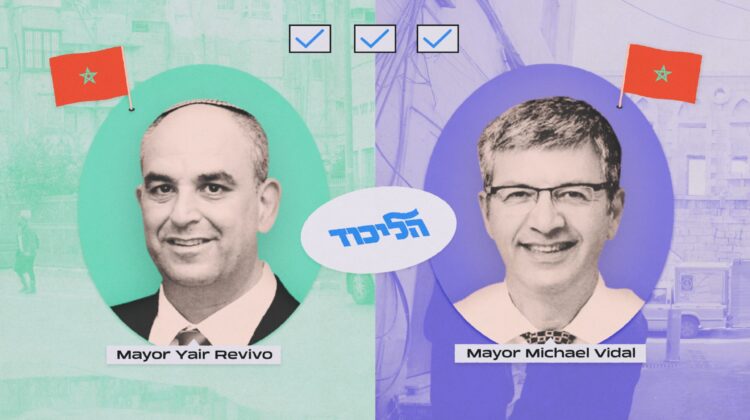
The film points an accusing finger at Lod’s Jewish mayor, Yair Revivo, who apparently failed to establish cordial relations with the Arab community. By contrast, the Jewish mayor of Ramle, Michael Vidal, was instrumental in establishing a special forum that fostered mutual respect, promoted a shared sense of local identity, and defused tensions at a fraught moment in Israel’s history.
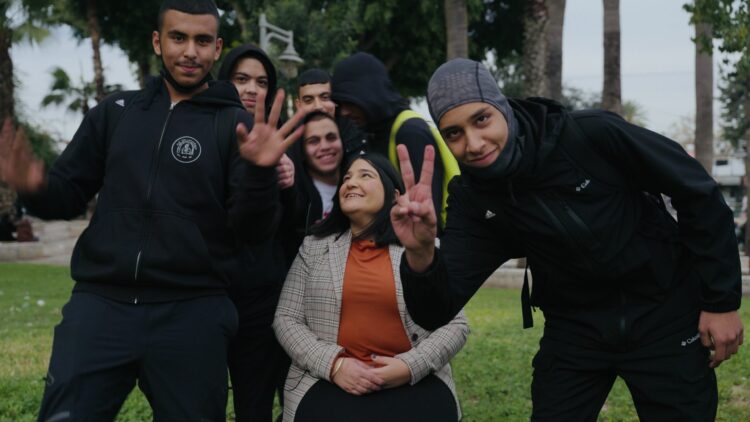
These documentaries only scratch the surface, but they whet your appetite for greater engagement in these general interest topics.
